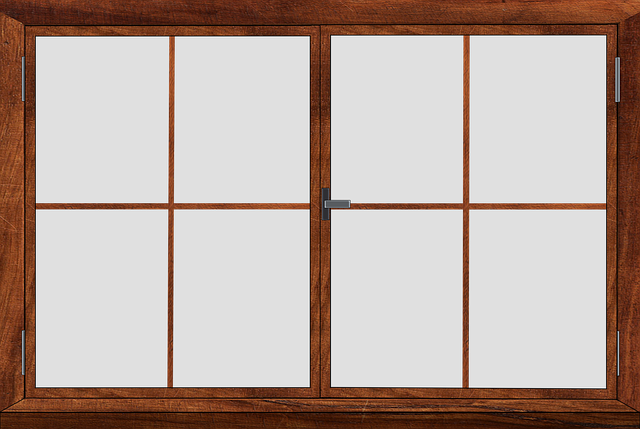Products v goods v materials

|

|

|
The terms ‘products’, ‘goods’ and ‘materials’ are sometimes used as if they are interchangeable, however, there are differences between them determined by what they are made of, how they are finished and whether they are offered for sale. Unfortunately these differences are sometimes rather vague and are not consistently applied.
Very broadly the difference between materials and products is that:
- Materials are raw, unprocessed substances such as sand, salt, and so on.
- Products are processed, finished items that are offered for sale. That is, they are manufactured combinations of materials and perhaps other products, processed to create items such as doors, windows, light fittings, and so on.
However, this deceptively clear difference becomes more complex when applied to composite materials (such as adhesives), to finished materials (such as processed timber), to unfinished products, and so on. For example, steel, whilst it has been processed, might be considered to be a material, whilst a steel beam, which is the same material but in a different form might be considered to be a product.
A slightly broader definition of materials as 'physical substances that things can be made from' excludes items such as doors and windows, but includes items such as processed timber, adhesives, concrete, and so on.
However, the distinction is confused further by unhelpful definitions such as that in Approved Document 7: materials and workmanship, which defines materials as; ‘manufactured products such as components, fittings, items of equipment and systems; naturally occurring materials such as stone, timber and thatch; and backfilling for excavations in connection with building work.’ This would appear to include all the tangible items used in construction works.
The term ‘goods’ refers more generically to possessions, or occasionally to merchandise that is transported - in some definitions by land only rather than by air or water.
Other similar terms include ‘commodities’, and ‘supplies’.
All of these can be distinguished from the supply of ‘services’ which HMRC suggest is ‘something other than supplying goods’, and typically refers to activities such as consultation, maintenance, installation, or sometimes the provision of accommodation.
Products, services and materials may sometimes be provided alongside each other as part or a single supply contract.
NB: The Construction Products Regulation defines a ‘construction product’ as; ‘…any product or kit which is produced and placed on the market for incorporation in a permanent manner in construction works or parts thereof and the performance of which has an effect on the performance of the construction works with respect to the basic requirements for construction works.’
[edit] Related articles on Designing Buildings Wiki
Featured articles and news
Infrastructure that connect the physical and digital domains.
Harnessing robotics and AI in challenging environments
The key to nuclear decommissioning and fusion engineering.
BSRIA announces Lisa Ashworth as new CEO
Tasked with furthering BSRIA’s impressive growth ambitions.
Public buildings get half a million energy efficiency boost
£557 million to switch to cleaner heating and save on energy.
CIOB launches pre-election manifesto
Outlining potential future policies for the next government.
Grenfell Tower Inquiry announcement
Phase 2 hearings come to a close and the final report due in September.
Progress from Parts L, F and O: A whitepaper, one year on.
A replicated study to understand the opinion of practitioners.
ECA announces new president 2024
Electrical engineer and business leader Stuart Smith.
A distinct type of countryside that should be celebrated.
Should Part O be extended to existing buildings?
EAC brands heatwave adaptation a missed opportunity.
Definition of Statutory in workplace and facilities management
Established by IWFM, BESA, CIBSE and BSRIA.
Tackling the transition from traditional heating systems
59% lack the necessary information and confidence to switch.
The general election and the construction industry
As PM, Rishi Sunak announces July 4 date for an election.
Eco apprenticeships continue help grow green workforce
A year after being recognised at the King's coronation.
Permitted development rights for agricultural buildings
The changes coming into effect as of May 21, 2024.





















